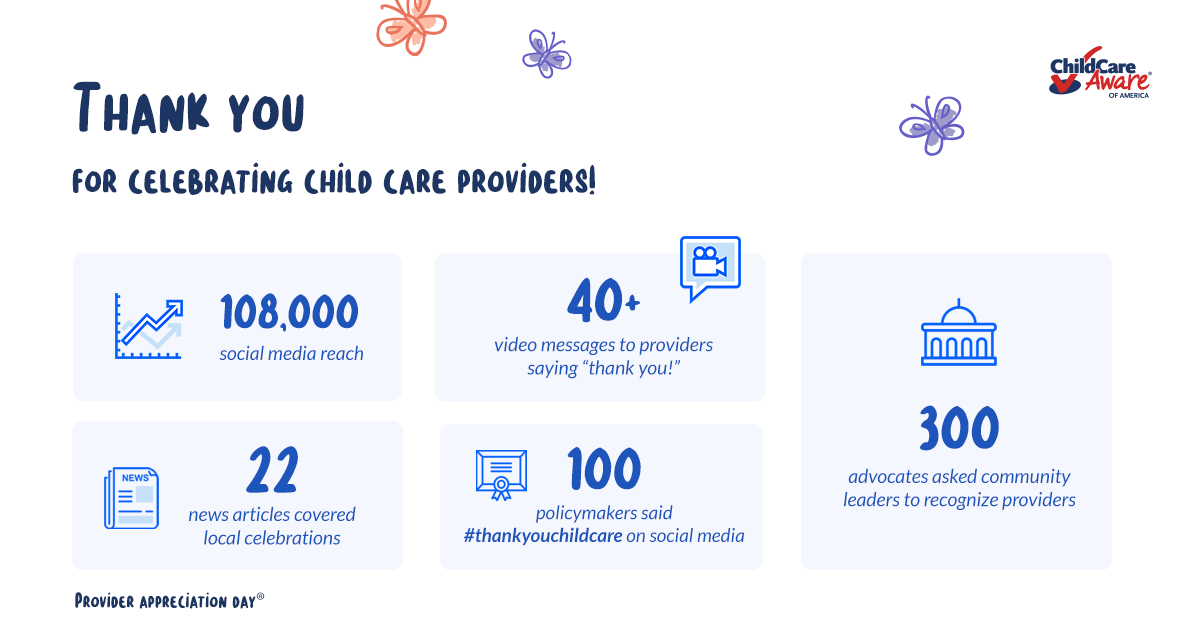.png?width=768&name=shutterstock_image%20(9).png)
For advocates tracking the progress of federal investments in child care, there is reason to be optimistic right now. After several months of behind-the-scenes negotiations, Senators Patty Murray (D-WA) and Tim Kaine (D-VA) announced a new proposal that would provide multi-year funding for child care and early learning.
- Invests in the current Child Care and Development Block Grant system. Funding would be tripled and flow to all states. This would allow states to increase subsidies to more low-income working families and raise child care subsidy payment rates to support provider stability and higher wages for staff. The proposal would provide $72 billion in new funding over six years.
- Builds off the success of the American Rescue Plan Act stabilization grants and funds Supply and Compensation Grants, through CCDBG, to all states to expand child care supply, improve facilities and raise compensation for early childhood educators. As part of the $72 billion in new CCDBG funding, a portion would go to provide $18 billion in dedicated funding over six years for grants.
- Pilots a Child Care and Development Expansion program for six years. As a complement to CCDBG, states that participate in the pilot can offer child care assistance to families earning up to 250% of state median income (SMI) and cap families’ child care expenses at 7% of income on a sliding scale for children ages 0-5. The pilot would include federal-state cost sharing, where the federal government covers 90% of the cost of high-quality child care services for eligible families.
- Provides grants to states for high-quality preschool. Using these funds, states can establish or expand high-quality preschool programs for 3- and 4-year-olds. There would be $18 billion in new funding over six years for preschool.
- Invests in raising wages for Head Start teachers. Provides dedicated funding to raise wages for Head Start teachers and staff. This would provide $12 billion in new funding over six years.
This CCAoA-supported proposal would expand access to child care to more than 1 million new children and their families (find your state’s predicted allocation).
While the policy has changed some since earlier this year, several things haven’t changed:
- The need to invest in child care remains urgent. The child care system faces serious challenges as communities continue to respond to the COVID-19 pandemic. Program closures persist, in part because it remains difficult to recruit, retain and compensate workers. In addition, parents are struggling to afford child care and return to the workforce.
- The path forward is clear. Congress should invest in child care using the budget reconciliation process. Budget reconciliation allows legislation to pass with a simple majority, meaning without having to secure the 60 votes necessary to overcome a filibuster in the Senate. Another benefit is that the process grants various committees to work on different aspects of legislation together and apply any new revenue generated to all the investments. The idea that Congress can achieve significant new, long-term or permanent increases in funding for child care through a traditional reauthorization process is false.
Take action today to tell Congress to invest in child care.





